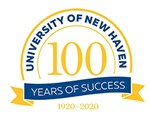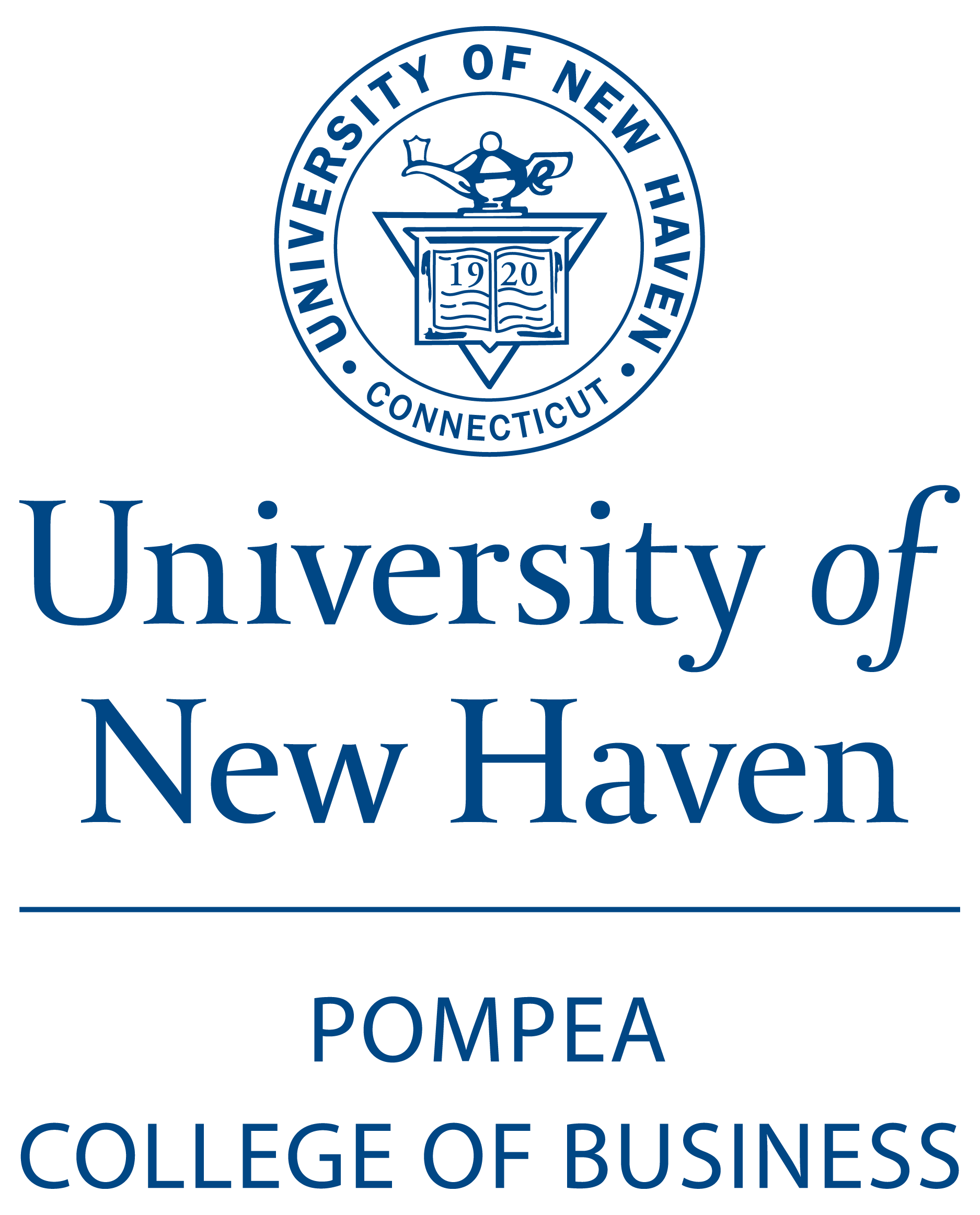Abstract
The goal of corporate spin-offs, as a corporate restructuring technique, is to create better value for both the divesting firm and its subsidiary/ division. These corporate transactions lead to the creation of independent, publicly traded entities, which are called spun-off subsidiaries. In this study, we examine the effect of board independence and directors’ industry experience on the market performance of spun-off subsidiaries by setting two main hypotheses. Our sample includes 123 completed U.S.-based spin-off events during a 14-year long time frame. According to our empirical analysis, we find support for both hypotheses, which appear to be significant and positive. In addition, our moderation analysis shows that the interaction effect of directors’ industry experience and board ownership is positive and significant. Based on the arguments of agency and resource dependence theories, this study contributes to the governance literature by proving the significant importance of board of directors (namely, their independence and industry experience) on the market performance of spun-off subsidiaries after being separated from their corporate parents. From the managerial contributions aspect, this study tells us that if the board is independent and includes directors with the same industry experience, these spun-off subsidiaries will experience positive change in their market performance. Our interaction effect also shows that if board members are offered more shares on the top of their industry experience, the change in market performance will be stronger.
Creative Commons License

This work is licensed under a Creative Commons Attribution-NonCommercial 4.0 International License
Recommended Citation
Ozbek, O. Volkan
(2021)
"Market Performance of Spun-Off Subsidiaries: Effects of Board Independence and Directors’ Industry Experience,"
American Business Review: Vol. 24:
No.
1, Article 12.
DOI: 10.37625/abr.24.1.249-267
Available at:
https://digitalcommons.newhaven.edu/americanbusinessreview/vol24/iss1/12
DOI
10.37625/abr.24.1.249-267



